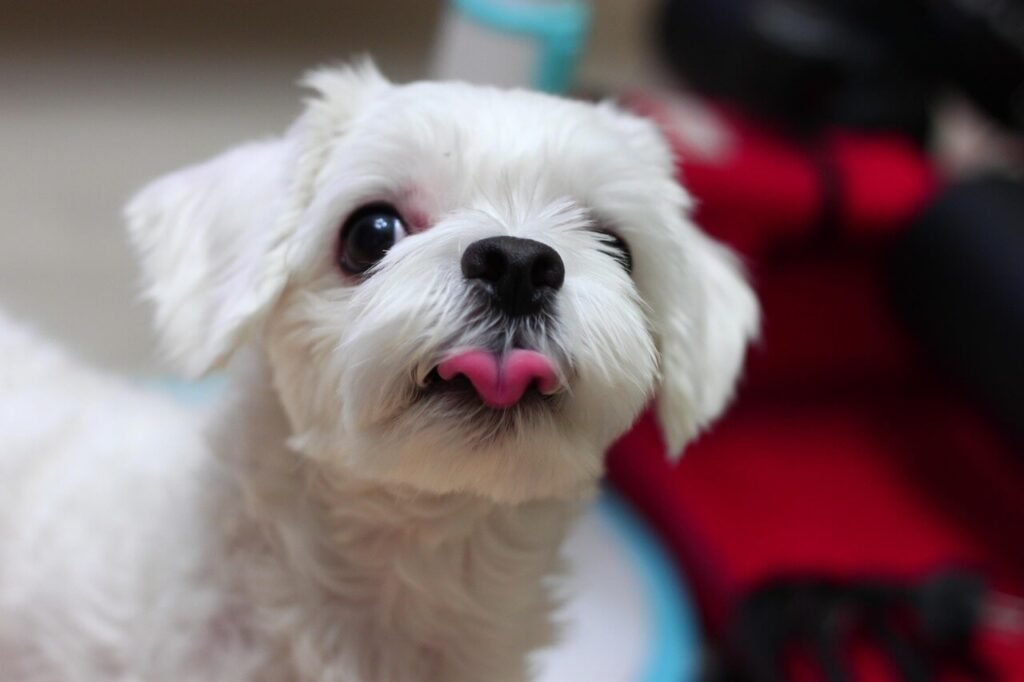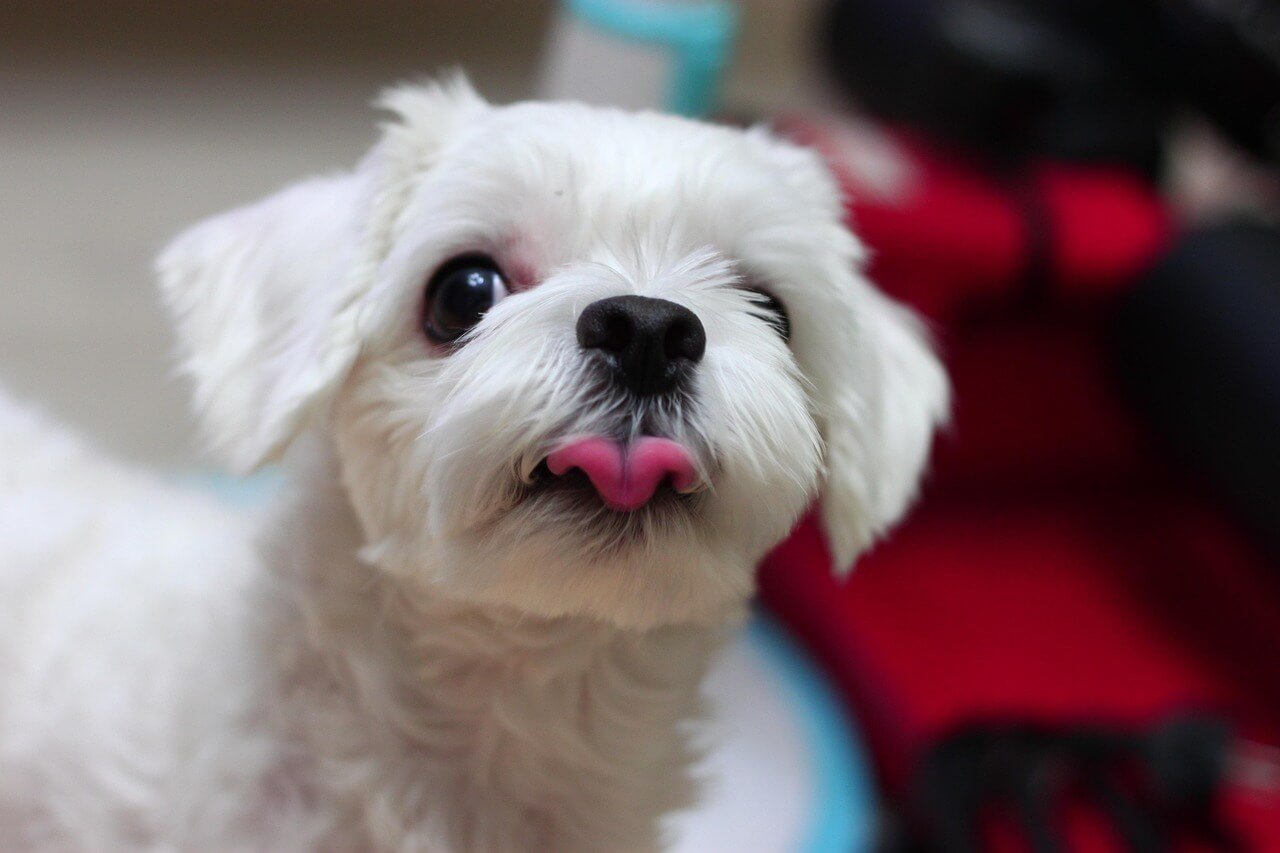What to Do If Your Dog Drank Soapy Water: A Guide for Concerned Pet Owners
Accidents happen, and sometimes our curious furry friends get into things they shouldn’t. One common mishap is when a dog drinks soapy water, whether from a mop bucket, a sink, or spilled cleaning supplies. While it might seem harmless at first glance, ingesting soap can have varying effects on your dog’s health depending on the type and amount consumed. As a responsible pet owner, it’s important to know how to respond quickly and effectively to ensure your dog’s safety. In this blog post, we’ll explore what you should do if your dog drank soapy water, potential risks, and tips to prevent future incidents.
Signs Your Dog May Be Affected After Drinking Soapy Water
If your dog has consumed soapy water, it’s crucial to monitor them closely for any signs of distress or discomfort. Soap ingestion can irritate their digestive system or cause more serious complications. Here are some symptoms to watch out for:
Vomiting:
Dogs may vomit as their body attempts to expel the soapy substance. This is one of the most common reactions.Diarrhea:
Soap can disrupt the natural balance of your dog’s digestive tract, leading to loose stools.Excessive Drooling:
The unpleasant taste of soap often triggers excessive drooling in dogs.Lethargy:
If your dog seems unusually tired or unresponsive, it could indicate that the soap has caused internal irritation.Difficulty Breathing:
In severe cases, inhaling soapy water during consumption can lead to respiratory issues.
If you notice any of these symptoms, it’s essential to act promptly and consult a veterinarian if necessary. Early intervention can prevent minor issues from escalating into serious health concerns.
Immediate Steps to Take If Your Dog Drank Soapy Water
When you discover that your dog has ingested soapy water, staying calm and taking immediate action is key. Here are some steps you can follow to address the situation effectively:
Assess the Situation:
Determine how much soapy water your dog consumed and what type of soap was involved. This information will be helpful for your vet.Do Not Induce Vomiting Without Advice:
While vomiting may occur naturally, inducing it yourself can sometimes worsen the situation, especially if the soap is caustic.Rinse Their Mouth:
Gently rinse your dog’s mouth with clean water to remove any remaining soap residue and reduce irritation.Offer Fresh Water:
Encourage your dog to drink fresh, clean water to help dilute the soap in their system.Monitor Closely:
Keep an eye on your dog for any changes in behavior or symptoms over the next 24 hours.
By following these steps, you can minimize the risk of complications and provide your dog with immediate care. However, always seek professional advice if you’re unsure about the severity of the situation.
Check this guide 👉What to Do If Your Dog Ate Fiberglass: Best 7 Tips!
Check this guide 👉What to Do If Your Dog Ate Styrofoam Peanut: Best 7 Tips!
Check this guide 👉What to Do If Your Dog Is Stung by a Scorpion: Best 7 Tips!

Type of Soap | Potential Risks |
|---|---|
Dishwashing Liquid | Mild irritation, possible vomiting |
Laundry Detergent | Digestive upset, risk of chemical burns |
Hand Soap | Minimal risk, but still harmful in large amounts |
Car Wash Soap | Toxic ingredients, severe irritation |
Antibacterial Soap | Higher toxicity, risk of poisoning |
Preventing Future Incidents: Keeping Your Dog Safe
Prevention is always better than cure, especially when it comes to accidents like your dog drinking soapy water. By taking proactive measures, you can reduce the likelihood of such incidents happening again. Here are some practical tips:
Store Cleaning Supplies Safely:
Keep all cleaning products, including soap and detergents, in secure cabinets or high shelves where your dog cannot reach them.Supervise During Cleaning:
Always keep an eye on your dog when cleaning floors or surfaces to prevent them from licking wet areas.Use Pet-Friendly Products:
Opt for non-toxic, pet-safe cleaning solutions whenever possible to minimize risks.Teach the “Leave It” Command:
Training your dog to respond to commands like “leave it” can prevent them from investigating harmful substances.Provide Plenty of Toys and Distractions:
Keep your dog entertained with toys and activities to reduce their curiosity about household items.
By implementing these strategies, you can create a safer environment for your dog and avoid future scares related to accidental ingestion.
When to Contact a Veterinarian: Recognizing Serious Symptoms
While mild cases of soap ingestion may resolve on their own, certain symptoms warrant immediate veterinary attention. Knowing when to seek professional help can make all the difference in ensuring your dog’s well-being. Here’s what to look out for:
Persistent Vomiting or Diarrhea:
If your dog continues to vomit or experience diarrhea for more than 24 hours, it could indicate dehydration or internal damage.Swollen or Red Mouth:
Signs of oral irritation, such as swelling or redness, suggest that the soap may have caused burns.Loss of Appetite:
Refusal to eat or drink can signal ongoing discomfort or illness.Seizures or Tremors:
These are rare but serious symptoms that require emergency care.Behavioral Changes:
Unusual aggression, confusion, or extreme lethargy should not be ignored.
If any of these symptoms occur, contact your veterinarian immediately. Early intervention can prevent complications and ensure a swift recovery for your furry friend.
Common Household Hazards Beyond Soapy Water
Dogs are naturally curious creatures, which means they may encounter other household hazards besides soapy water. Being aware of these risks can help you protect your pet. Here are some examples:
Cleaning Chemicals:
Products like bleach, ammonia, and disinfectants can be toxic if ingested or inhaled.Medications:
Human medications, such as painkillers or antidepressants, are highly dangerous for dogs.Small Objects:
Items like coins, buttons, or rubber bands can pose choking hazards if swallowed.Food Scraps:
Certain foods, such as chocolate, grapes, and onions, are toxic to dogs and should be kept out of reach.Electrical Cords:
Chewing on cords can lead to electric shocks or burns.
Understanding these hazards allows you to take preventive measures and safeguard your home against potential dangers.
Tips for Keeping Your Dog Hydrated Safely
Hydration is essential for your dog’s health, but ensuring they drink only clean water is equally important. Here are some tips to keep them hydrated safely:
Provide Fresh Water Daily:
Change your dog’s water bowl regularly to ensure it stays clean and appealing.Avoid Standing Water Sources:
Discourage your dog from drinking from puddles, ponds, or other potentially contaminated water sources.Use Elevated Bowls:
Raised bowls can reduce strain on your dog’s neck and encourage proper hydration.Add Flavor Enhancers:
Occasionally adding a splash of low-sodium broth to their water can entice picky drinkers.Carry Water on Walks:
Bring a portable water bottle and bowl to ensure your dog stays hydrated during outdoor adventures.
By prioritizing safe hydration practices, you can support your dog’s overall health and happiness.
Fun Ways to Redirect Your Dog’s Curiosity
Redirecting your dog’s curiosity toward positive activities can help prevent accidents like drinking soapy water. Here are some engaging ways to keep them entertained:
Interactive Toys:
Puzzle toys and treat-dispensing balls stimulate your dog’s mind and keep them occupied.Training Sessions:
Regular training not only strengthens your bond but also teaches your dog valuable commands like “leave it.”Outdoor Adventures:
Exploring new environments through hikes or trips to the park satisfies their natural curiosity.Chew Toys:
Providing durable chew toys gives your dog a safe outlet for their chewing instincts.Playdates with Other Dogs:
Socializing with other dogs offers mental and physical stimulation while fostering good behavior.
By channeling your dog’s curiosity into constructive activities, you can minimize risky behaviors and enhance their quality of life.
Frequently Asked Questions About Dogs Drinking Soapy Water
Is it dangerous if my dog drank soapy water?
It depends on the type and amount of soap. Some soaps can cause mild irritation, while others may lead to poisoning.
Should I induce vomiting if my dog drank soap?
No, inducing vomiting without veterinary guidance can be harmful, especially if the soap contains caustic ingredients.
Can dish soap harm my dog?
Yes, even mild dish soap can cause digestive upset or irritation if ingested in large quantities.
How long should I monitor my dog after they drink soap?
Monitor your dog closely for at least 24 hours and watch for any unusual symptoms.
Are there pet-safe cleaning products available?
Yes, many brands offer non-toxic, pet-friendly cleaning solutions designed to be safe around animals.
Stay Calm and Act Quickly: Ensuring Your Dog’s Safety
Discovering that your dog drank soapy water can be alarming, but with the right knowledge and actions, you can ensure their safety and well-being. From recognizing symptoms to preventing future incidents, being prepared makes all the difference. Remember, your dog relies on you to keep them safe, so stay vigilant and proactive in creating a hazard-free environment. With proper care and attention, you can continue to enjoy many happy, healthy years together.
Pemphigus Erythematosus in Cats: Best 7 Expert Tips! – Learn to recognize symptoms, manage flare-ups, and improve your cat’s quality of life.
Pemphigus Erythematosus in Dogs: Best 7 Expert Tips! – Discover causes, symptoms, and treatment options to manage this autoimmune skin condition effectively.
Cat Tympanic Membrane: Best 7 Expert Tips! – Learn how to protect your cat’s eardrum, spot issues early, and ensure lifelong auditory health.
Dog Tympanic Membrane: Best 7 Expert Tips! – Learn how to protect your dog’s eardrum, spot issues early, and ensure lifelong ear health with expert advice.





